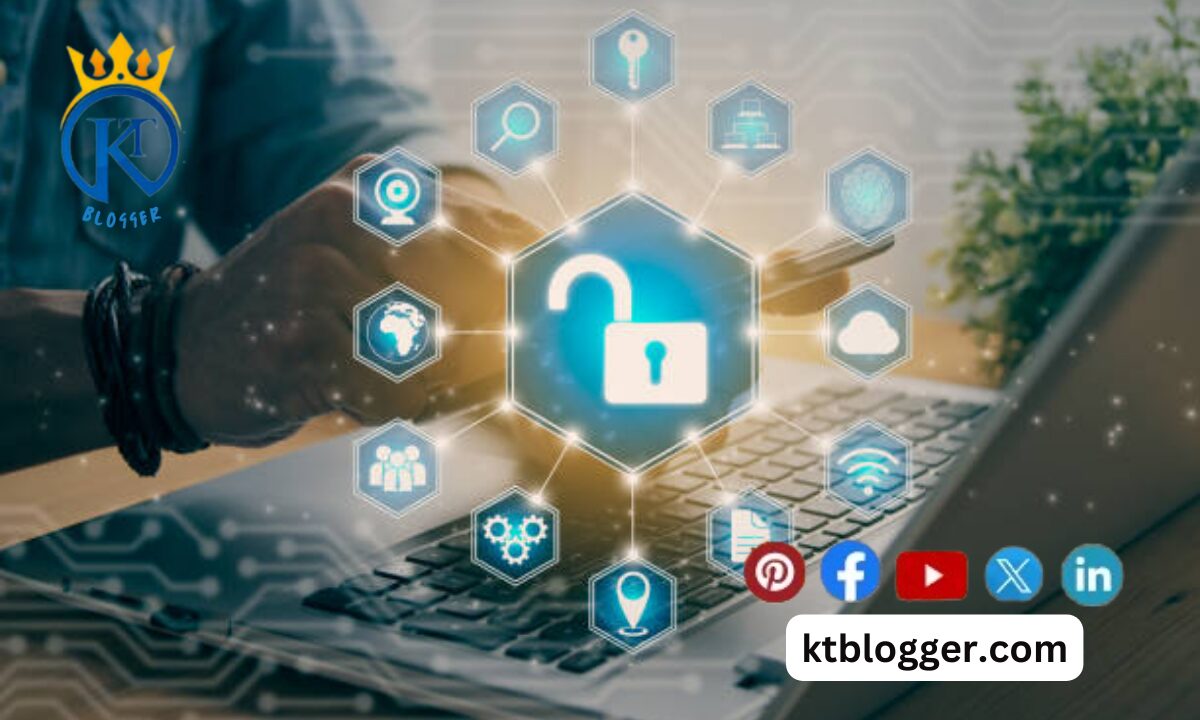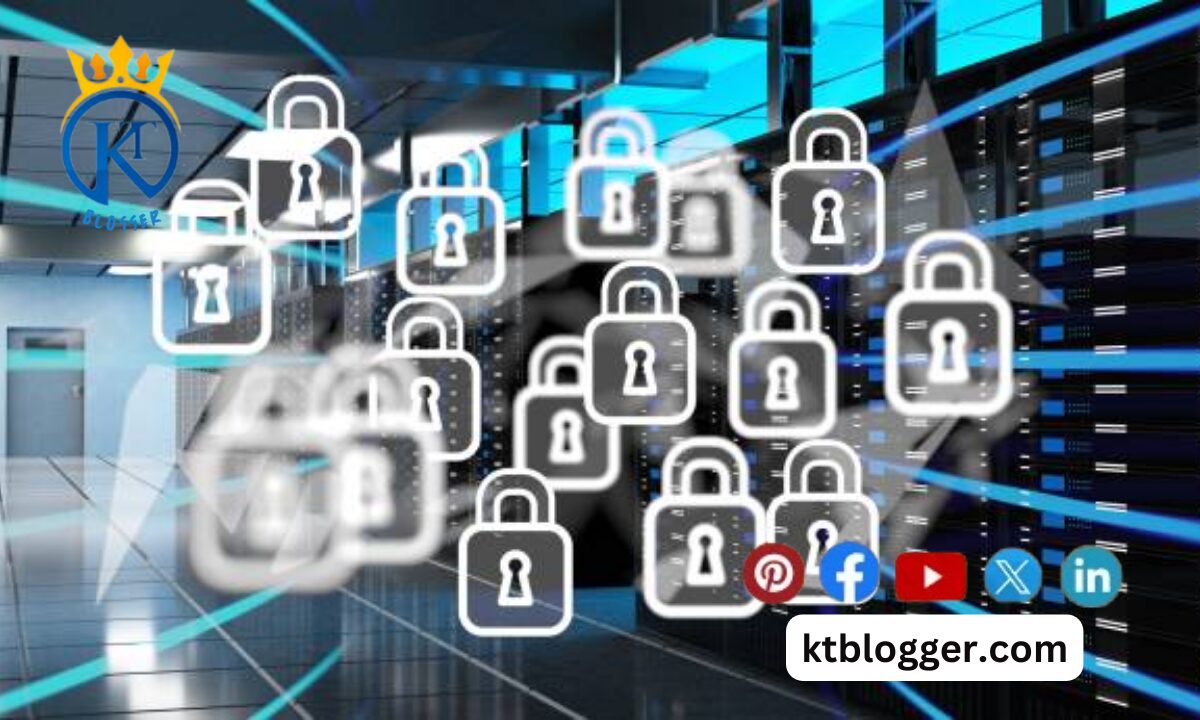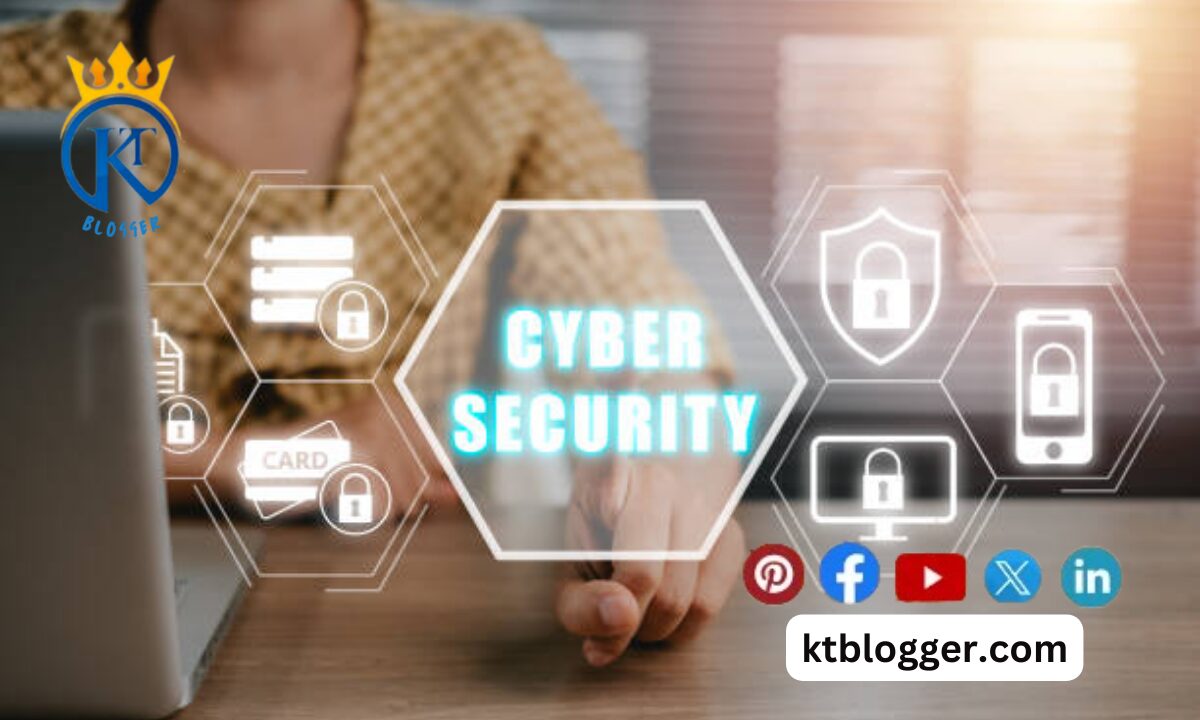In recent years, the concept of remote work has gained significant traction across various industries. With advancements in technology and changing work culture, professionals are increasingly finding themselves working from the comfort of their homes. However, one question that often arises is can cybersecurity work from home?
In this guide, I’ll talk about cybersecurity for people who work from home. Plus, I’ll look at the problems, the best ways to stay safe, and how to fix any issues that come up.
Yes, cybersecurity can indeed be performed from home, offering various opportunities including entry-level positions and remote roles worldwide. Remote cybersecurity jobs provide flexibility and often come with competitive salaries, even for those with no prior experience.
Working part-time in cybersecurity is also possible, catering to different schedules and preferences. However, ensuring the security of remote work setups is crucial, necessitating measures to secure home networks and mitigate potential risks.
Content
- 1 Can Cybersecurity Work From Home?
- 2 Challenges of Remote Cybersecurity
- 3 Best Practices for Remote Cybersecurity
- 4 Technology Solutions for Remote Cybersecurity
- 5 FAQs
- 5.1 Why is Cybersecurity important when working from home?
- 5.2 What are some common cyber threats to be aware of when working from home?
- 5.3 How can I protect my devices from cyber threats when working from home?
- 5.4 Is it safe to connect to public Wi-Fi networks when working remotely?
- 5.5 How can I securely communicate with my colleagues when working from home?
- 5.6 What should I do if I suspect a Cybersecurity breach when working from home?
- 6 Summing Up
Can Cybersecurity Work From Home?
Yes, cybersecurity can indeed be effectively conducted from home, offering numerous benefits. Professionals in the field have found that remote work not only provides flexibility but also contributes to a healthier work-life balance.
The demand for cybersecurity skills in remote settings is steadily increasing, making it a viable career option for those seeking to work from home. Additionally, there are various certifications available for individuals interested in pursuing remote cybersecurity opportunities.
A cybersecurity career can be done from home, just like many other types of knowledge work. In fact, remote work in cybersecurity has become increasingly common, especially with the advancement of technology that allows for secure remote access to networks, systems, and data.
Challenges of Remote Cybersecurity
Working from home has become the new normal for many of us. Whether it’s because of the COVID-19 pandemic or simply the changing nature of work, remote work is here to stay. But along with the convenience of working from home comes new challenges, especially when it comes to cybersecurity.

Ensuring cybersecurity while working from home is essential. However, it’s also important to understand the legality of working from home with a baby to avoid any potential legal issues.
When you work from home, you’re not protected by the same security measures that are in place in an office environment. Here are some of the challenges that cybersecurity faces in a remote work setting:
More Devices, More Problems
When you work from home, you might use your personal computer, your work laptop, your tablet, or even your smartphone to access company systems and data. Each of these devices is a potential entry point for cybercriminals.
Unsecured Networks
Most homes don’t have the same level of security as office networks. This means that when you connect to your company’s network from home, you could be exposing sensitive information to hackers.
Human Error
Working from home can be distracting. You might have kids running around, pets demanding attention, or noisy neighbors. This can lead to lapses in judgment, such as clicking on a phishing email or downloading a malicious file.
Data Privacy
When you work from home, you’re responsible for keeping your work-related data safe and secure. This can be a challenge, especially if you share your computer or network with family members or roommates.
Best Practices for Remote Cybersecurity
Despite these challenges, there are steps you can take to improve cybersecurity when working from home. Here are some best practices:

Use a VPN
A Virtual Private Network (VPN) encrypts your internet connection, making it more secure. This is especially important when you’re accessing company resources from a public Wi-Fi network, such as a coffee shop or airport.
Update Your Software
Make sure that all of your devices, including your computer, smartphone, and router, are running the latest software updates. This will help patch any security vulnerabilities that hackers could exploit.
Use Strong Passwords
Choose passwords that are difficult to guess and use different passwords for different accounts. Consider using a password manager to keep track of all your passwords securely.
Be Wary of Phishing Emails
Don’t click on links or download attachments from emails that look suspicious. If you’re not sure whether an email is legitimate, contact the sender directly to verify.
Secure Your Home Network
Change the default password on your router and enable WPA2 encryption to protect your Wi-Fi network from unauthorized access.
In today’s digital age, cybersecurity work from home is crucial to protect sensitive information. Similarly, architects can work from home using specialized software and virtual collaboration tools. Both fields rely on remote access and secure communication.
Limit Access
Only give access to company systems and data to employees who need it to do their jobs. This will help minimize the risk of a security breach.
Technology Solutions for Remote Cybersecurity
In addition to following best practices, there are also technology solutions available to help improve cybersecurity when working from home. Here are a few examples:

Endpoint Protection Software
This software protects your devices from malware, ransomware, and other cyber threats. It can also help you locate and remotely wipe a device if it’s lost or stolen.
Cloud-Based Security Solutions
These solutions provide protection for your data and applications in the cloud, including encryption, access controls, and threat detection.
Multi-Factor Authentication (MFA)
MFA adds an extra layer of security to your accounts by requiring you to provide two or more pieces of evidence to prove your identity, such as a password and a fingerprint scan.
Secure Video Conferencing Tools
If you’re conducting meetings or sharing sensitive information over video conferencing, make sure you’re using a secure platform that encrypts your communications.
FAQs
Why is Cybersecurity important when working from home?
Cybersecurity is important when working from home because it helps protect your personal and work-related information from hackers and cybercriminals. When you’re connected to the internet, your devices are at risk of being targeted by cyber threats, so it’s crucial to take steps to secure them.
What are some common cyber threats to be aware of when working from home?
Some common cyber threats when working from home include phishing emails, malware, ransomware, and unauthorized access to your Wi-Fi network. Hackers may try to trick you into revealing sensitive information or infect your devices with malicious software, so it’s essential to stay vigilant and be cautious of suspicious emails or links.
How can I protect my devices from cyber threats when working from home?
To protect your devices from cyber threats when working from home, you can take several steps, including using antivirus software, keeping your software up to date, using strong and unique passwords, and avoiding clicking on suspicious links or downloading attachments from unknown sources.
Is it safe to connect to public Wi-Fi networks when working remotely?
Connecting to public Wi-Fi networks can be risky because they are often unsecured, making it easier for hackers to intercept your data. If you need to connect to the internet while working remotely, it’s safer to use a Virtual Private Network (VPN) to encrypt your connection and protect your data from prying eyes.
How can I securely communicate with my colleagues when working from home?
When communicating with colleagues when working from home, it’s essential to use secure communication tools that encrypt your messages and calls. You can use platforms like Signal, WhatsApp, or Microsoft Teams, which offer end-to-end encryption to protect your conversations from being intercepted by unauthorized parties.
What should I do if I suspect a Cybersecurity breach when working from home?
If you suspect a cybersecurity breach when working from home, you should report it to your company’s IT department immediately. They can investigate the issue, take steps to mitigate any damage, and provide guidance on how to prevent similar incidents in the future. Additionally, you should refrain from using the compromised device or network until it has been deemed safe by the IT team.
Summing Up
Now we understand how can cybersecurity work from home. It’s not just about whether it’s possible; it’s about facing a challenge head-on with smart planning, strong technology, and staying alert about security. Working from home might make things a bit complicated, but if companies use the right methods and tools, and make sure their employees know about cybersecurity, they can keep their remote work safe from cyber threats that keep changing.





